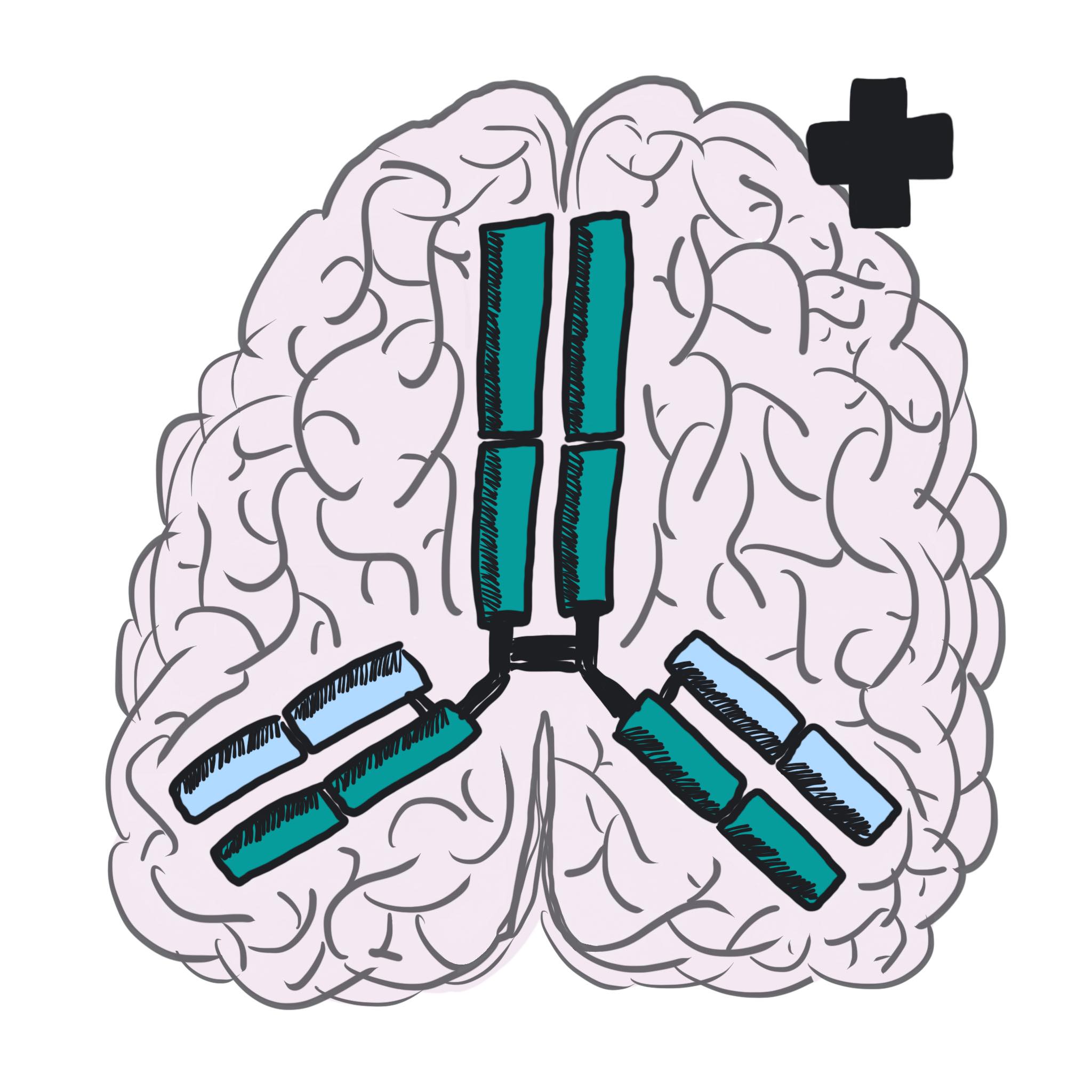Dr. Erin Calipari and graduate student Kristine Yoon put their painting skills to the test while we asked them some questions about their research!

Video Transcript
Kristine Yoon (K): I think dopamine is blue.
Erin Calipari (E): I think dopamine is blue as well. So gutsy. She’s off to a great start.
VI4 Scientists Doing Things
(K): I’m Kristine. I'm a second year graduate student in Pharmacology
(E): and I'm Erin, Erin Calipari. I am an Associate Director at the Vanderbilt Center for Addiction Research in the Department of Pharmacology.
[What do you study?]
(E): So it's, you know what we study is addiction, but also it's like a fundamental behavioral process. The behaviors that support addiction are really conserved across species. So you have, you know, individuals, they take, they take a drug, they experience the high from the drug and then they want to do it again. Nonhuman primates, rodents all the way down to things like honey bees and flies, you see these kinds of behaviors. And so we get to like at the fundamental basic level, say what changes how we behave in an environment, which is neat.
[What’s unique about your field?]
(K): You can actually put a camera inside a brain region and measure the fluorescent neural activity that's going on in the brain. But you can actually pick out each cell. I think that that's really interesting and seeing how the neural activities work in the brain while they're doing something is just, I think that's just awesome.
(E): These kinds of things where you can actually record cells that are firing while an animal is doing something. They're really neat because they have these videos and you can just see how dynamic the brain is. Sometimes the stuff that's fun for everybody is also fun for us, which is kind of exciting.
[What got you interested in your research?]
(E): So I care about the problem. It's a really important problem. But my love for the field started with kind of how the brain works, how drugs act in the brain. It wasn't like a, I knew from birth that this is what I wanted to do. It was more of a kind of, I took a path and it's what I got excited about. And then I kept doing the thing I was excited about.
(E): I was trying to paint a dopamine neuron, but the brushes are big. So it's a fat ugly dopamine neuron that doesn't look like it functions very well.
(K): So I try to draw a medium of spine…
(E): That looks nice!
(K): and I tried to do it from like the middle. I thought maybe I could like…
(E): Ok, see that looks like actual art that I would put somewhere! Mine does not, mine looks like if you told somebody that a preschool student did this, they would be like, yeah, they did an OK job.
[laughter]
(E): We shouldn't have them go into art as a career.

